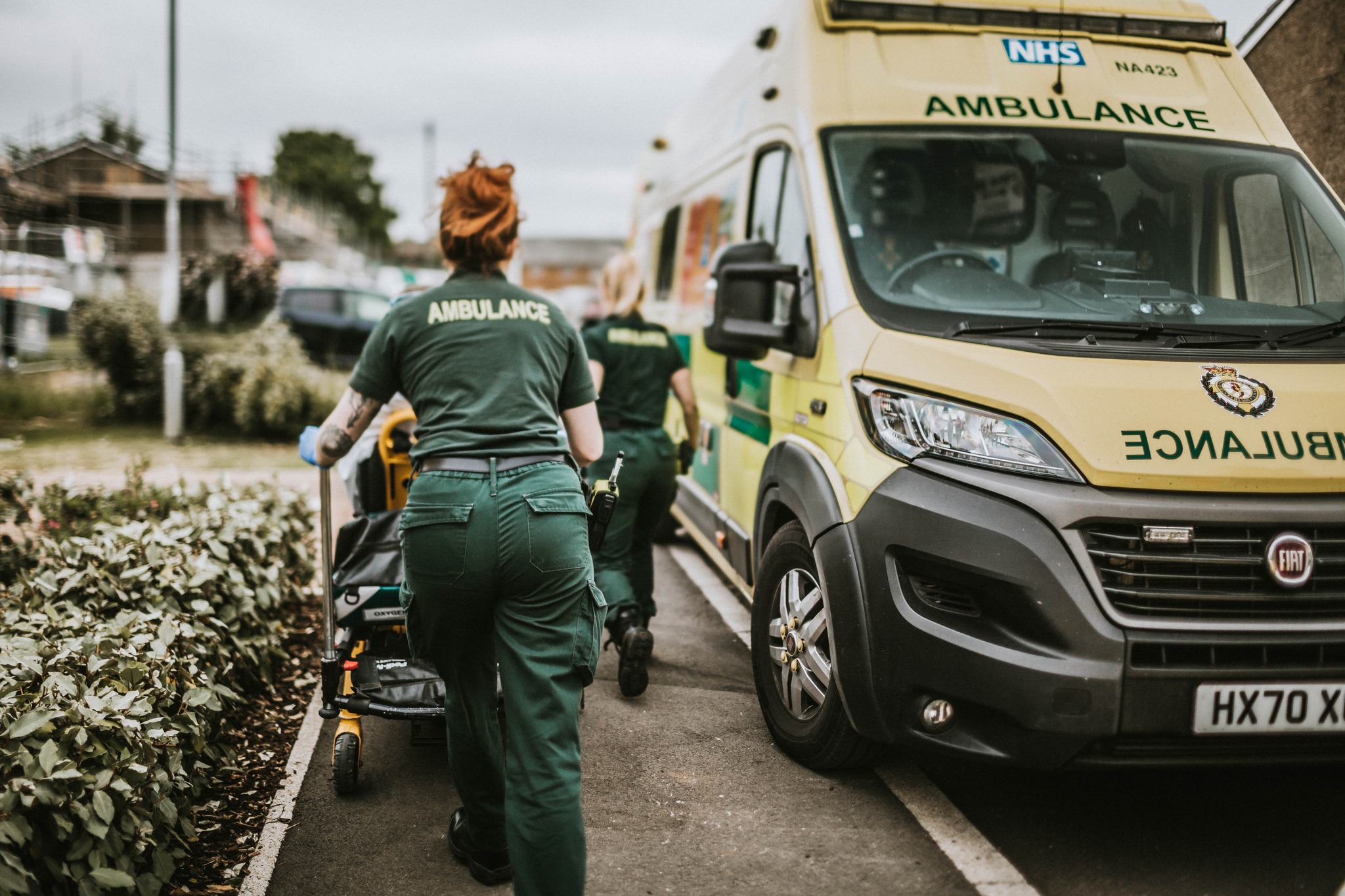At 10:00am today (26 January), South Central Ambulance Service NHS Foundation Trust (SCAS) stood down its critical incident status that had been in place since 16:20 on Tuesday, 23 January.
The critical incident had been declared following a significant rise in the volume of 999 calls to SCAS from the most seriously ill and injured patients, at a time when many of the trust’s ambulance crews were experiencing long delays handing over patients at local hospitals.
Mark Ainsworth, Executive Director of Operations at SCAS, said: “Thanks to the hard work and dedication of our staff and volunteers, combined with support from our NHS and other partners across the South Central region, I am pleased we have been able to stand down our critical incident and our ambulance response times have improved.
“I would urge the public to continue to only call 999 over the coming weekend and into next week if you, or someone you’re with, is suffering a very serious or life-threatening emergency that needs immediate help. Hospitals remain under pressure and cold weather could see another increase in 999 calls from people with serious breathing or heart problems.
“We will continue to focus our efforts first and foremost on patients who are in an immediately life-threatening or potentially life-threatening condition, and this means there may continue to be times when patients with less serious emergencies may have to wait longer than the two or three hours we aim to be with them by.
“It would really help our teams working 24-7 over the weekend if anyone waiting for an ambulance doesn’t call us back on 999 unless the patient’s condition worsens, or if you’re able to make your own way to hospital or other treatment centre with the help of friends and family, please do so and call us to cancel your ambulance.”
Any unexpected increase in 999 demand or increase in the length of time ambulances are waiting to hand over patients at hospitals, could see the critical incident status reinstated. That’s why SCAS is continuing to urge the public over the weekend to use other healthcare alternatives for urgent problems, such as using 111 online or calling 111, going to a walk-in urgent treatment centre or visiting a pharmacist, and not to call 999 or go to a local A&E unless it is a life-threatening or serious emergency.
Ends

